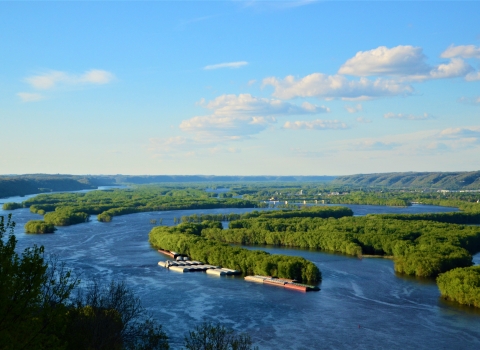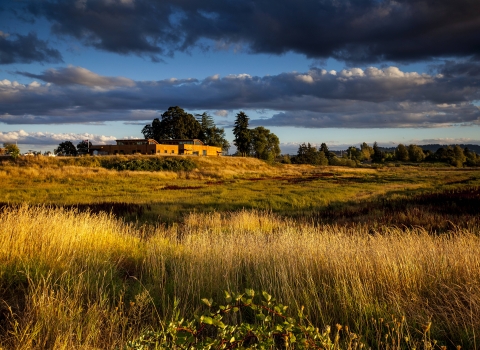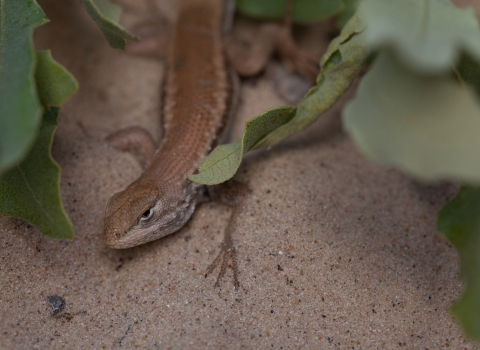The U.S. Fish and Wildlife Service (Service) is announcing the availability of the draft Environmental Assessment (dEA) and the draft amendment to the Barton Springs Pool Habitat Conservation Plan (BSPHCP) and requesting public review and comment. The City of Austin (Applicant) has applied to amend their existing incidental take permit (ITP) to include the proposed endangered Austin blind salamander, increase the amount of take for the Barton Springs salamander and extend their current permit for 20 years.
The City of Austin’s renewed ITP with a major amendment, if granted, would authorize the incidental take of the endangered Barton Springs salamander and the proposed endangered Austin Blind salamander. The proposed incidental take would result from activities associated with recreation, operations, maintenance and restoration at Barton Springs Pool, Old Mill Spring, Eliza Spring and Upper Barton Spring. The Service’s dEA evaluates the impacts of, and alternatives to, the possible issuance of an incidental take permit covering the City of Austin’s activities at the Barton Springs Pool.
The three acre Barton Springs Pool is filled by water from Barton Springs, the fourth largest spring in the State of Texas. The Pool is home to both the endangered Barton Springs salamander and the proposed endangered Austin Blind salamander. Both species are entirely aquatic and dependent upon clean water from Barton Springs for their survival.
The status of the Barton Springs salamander has been improving as a result of the City of Austin’s efforts, through the BSPHCP, to protect and restore the salamander’s habitat; eliminate or minimize harmful maintenance practices; and improve water quality in the Pool. The BSPHCP has also enabled the City of Austin to keep the Pool open for public use.
The Service is requesting public comments on the application, draft HCP (dHCP) and dEA. Comments will be accepted until June 21, 2013. You may obtain copies of the dEA and dHCP online at http://www.fws.gov/southwest/es/AustinTexas/. For additional information contact, Mr. Adam Zerrenner, Field Supervisor, by mail at U.S. Fish and Wildlife Service, Austin Ecological Services Field Office, 10711 Burnet Road, Suite 200, Austin, TX 78758–4460; or by telephone at 512–490–0057.
America’s fish, wildlife, and plant resources belong to all of us, and ensuring the health of imperiled species is a shared responsibility. We’re working to actively engage conservation partners and the public in the search for improved and innovative ways to conserve and recover imperiled species.



